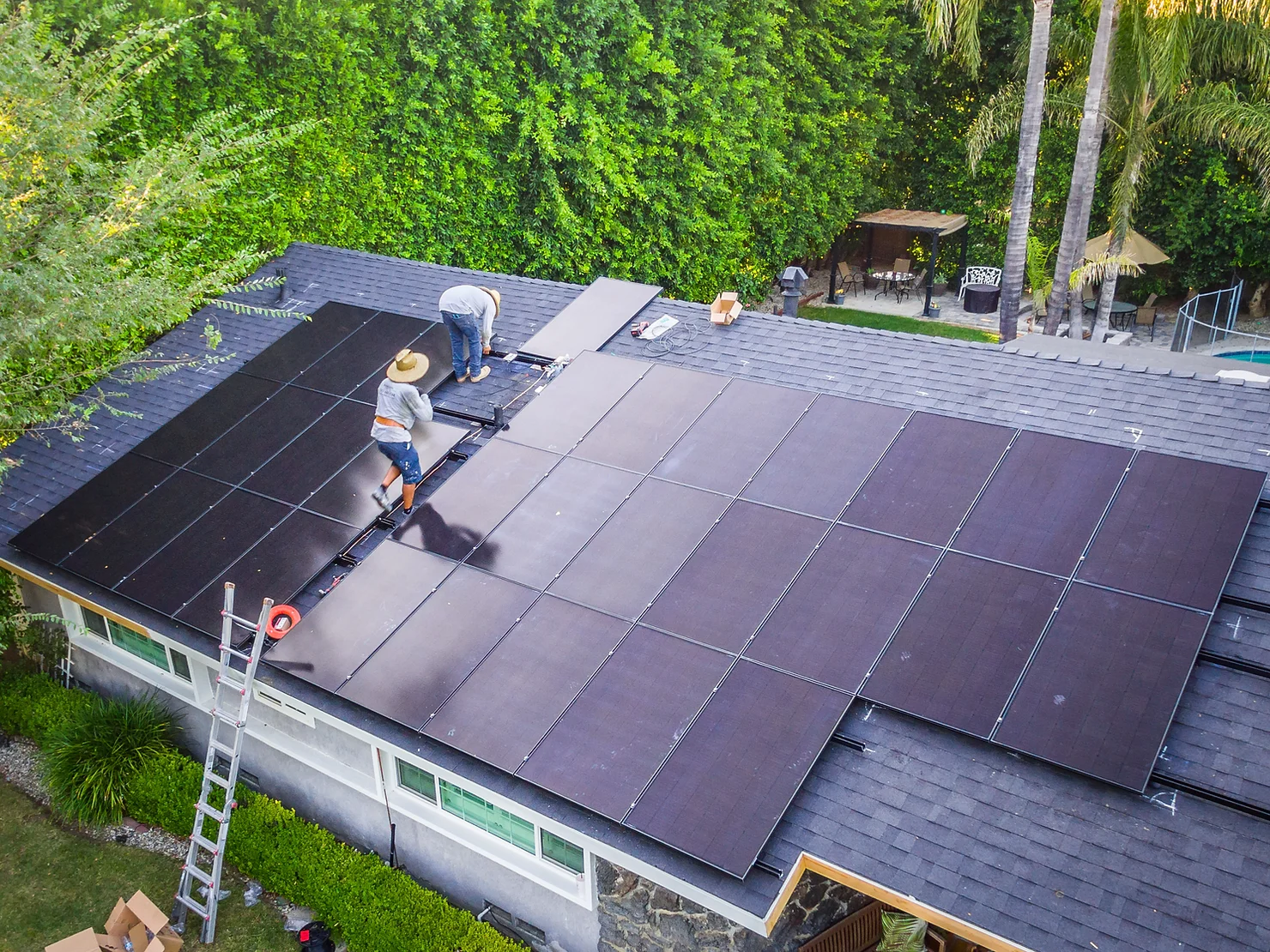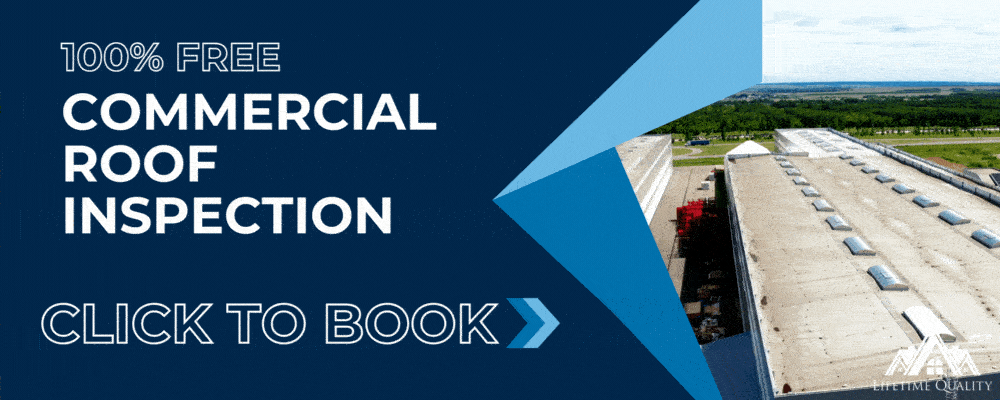
A Guide to Detecting Subtle and Serious Roof Damage Before It’s Too Late
Don't let roof damage go unnoticed. Learn the signs and prevent costly repairs. Protect your home with our expert advice …

Solar power is an emerging energy alternative that is steadily gaining traction among homeowners across the globe. With growing concerns about the environment and the rising costs of electricity, more and more people are considering the installation of solar panels on their homes. However, transitioning to solar energy is an investment that requires careful consideration and understanding of numerous factors. This article provides a comprehensive guide to the costs and benefits of going solar, including the cost of solar panels, how they work, the savings they can provide, and the impact they have on your home's value.
Solar power is the conversion of sunlight into electricity, primarily through the use of solar panels. These devices capture sunlight and convert it into electricity, which can then be used to power your home appliances and other electrical systems.
Solar power is a renewable form of energy, which means it is virtually inexhaustible and does not deplete natural resources. This makes it a more environmentally friendly alternative compared to traditional forms of energy such as fossil fuels. However, understanding the financial viability of installing solar panels in your home requires analysis of several key factors.
Solar power is an investment that requires substantial upfront costs. These costs include the purchase of solar panels, the installation costs, and the maintenance costs. The size of the solar power system and the type of panels used significantly affect the overall cost. Contact Lifetime Quality for more information about going solar.
On the other hand, solar power can result in considerable savings on your electricity bills. Moreover, if your solar power system generates more electricity than your home consumes, you may be able to sell the excess power back to the grid, which can result in further savings.
The cost of solar panels varies greatly depending on the size of the system you plan to install and the type of panels you choose. On average, the upfront cost of a residential solar power system ranges between $3,500 and $16,000.
The largest chunk of the overall expense is generally the solar module, which is the main component of the solar panel system. Additional costs include the inverter (which converts the direct current produced by the panel into alternating current used by household appliances), metering equipment, housing components, cables, and wiring gear. Some homeowners also opt for battery storage, which can significantly increase the installation cost.
To encourage the adoption of solar energy, many governments offer subsidies and tax incentives to homeowners who install solar panels. In the United States, for instance, the federal government allows a tax credit of up to 30% of the system's cost.
In addition to these federal incentives, many states also offer their own tax credits and subsidies for solar energy. Before deciding to install solar panels, it is advisable to research the incentives available in your area. This can significantly reduce the overall cost of your solar panel system.
Calculating the amount of energy your solar system will produce is another critical step in determining the financial viability of solar power for your home. This involves considering the solar irradiation levels in your area, the orientation of your home, and the size of your system.
The more sunlight your area receives, the more electricity your solar panels will generate. Similarly, a south-facing roof without any obstructions will maximize the available solar energy. The size of your system, measured in kilowatts, will also affect the amount of energy it can produce. Contact Lifetime Quality for a roof inspection to see if you could benefit from going solar.

The savings from solar panels come from the reduction in your electricity bills. By generating your own electricity, you can significantly reduce or even eliminate your dependence on grid electricity. If your utility company offers time-varying rates or tiered pricing plans, solar panels can provide even greater savings by offsetting the most expensive electricity.
Another potential source of savings is the ability to sell excess power back to the grid through net metering. This can further reduce your electricity bills or even result in a net income, depending on your local utility's policies and the amount of excess power your system generates.
Installing solar panels on your home can also increase its value. According to a study by Zillow, homes with solar panels sell for about 4.1% more on average than comparable homes without solar panels. For a $500,000 home, that's an increase in value of $20,500. However, this benefit only applies if you own your solar panels. Leased solar panels or power purchase agreements (PPAs) do not increase your home's value as the panels are not technically part of your home.
If the upfront cost of solar panels is a concern, there are several financing options available. Solar loans allow you to spread out the cost of the system over several years, similar to a mortgage. Solar leases and PPAs, on the other hand, allow you to use a solar system installed by a solar company in exchange for regular payments. These options can make solar power more affordable, but they also come with their own costs and considerations.
The payback period is the time it takes for the savings from your solar panels to equal the cost of the system. This can vary greatly depending on the cost of the system, the amount of electricity it produces, your electricity rates, and any subsidies or incentives you receive. On average, the payback period for a solar system ranges from 10 to 20 years.
The decision to install solar panels is a significant one that depends on many factors. While the potential savings and environmental benefits can be compelling, the upfront costs and payback period are also important considerations.
In the end, the decision to go solar is a personal one that depends on your financial situation, your energy needs, your environmental values, and your long-term plans for your home. By understanding the costs and benefits of solar power, you can make an informed decision that aligns with your goals.
Transitioning to solar power is an investment that can yield significant benefits over time. Not only can you save on your electricity bills and potentially increase your home's value, but you can also contribute to the preservation of the environment by reducing your carbon footprint. However, it's crucial to thoroughly understand the costs, savings, and various factors that can affect the financial viability of solar power for your home. By doing so, you can make an informed decision about whether the installation of solar panels is the right choice for you.
Remember, your roofing plays a critical role in the success of your solar panel installation. As you consider going solar, you may also need to think about a roof replacement to ensure your roof is in optimal condition to support the solar panels. Contact Lifetime Quality today for a 100% roof inspection.
In the world of renewable energy, the future looks bright. As technology advances and prices continue to fall, solar power is becoming an increasingly accessible and viable option for homeowners around the world.